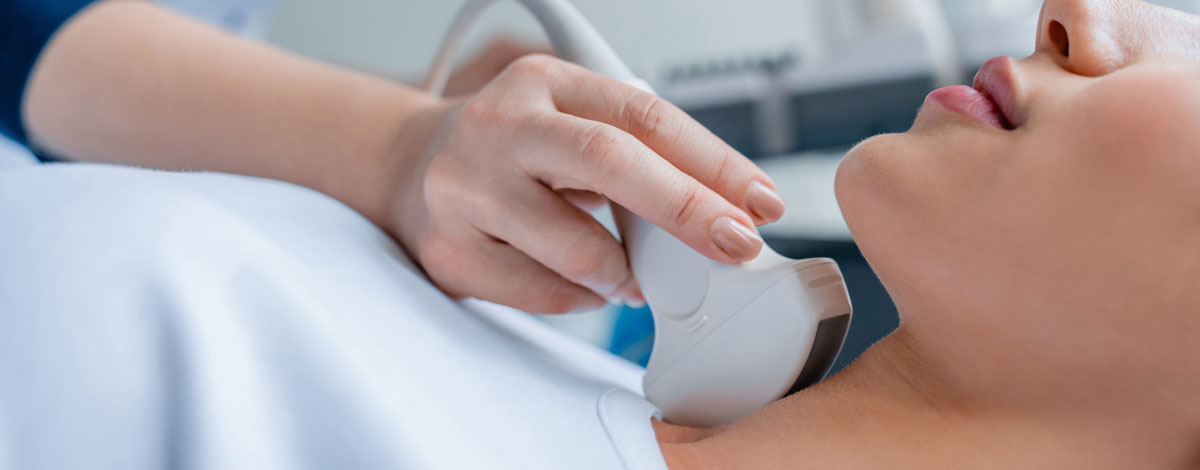

9 Jan 2020
How can Investigations and Diagnostics help your Employers’ Liability case?
Employers’ Liability covers a wide variety of claims - from a cleaner injuring her arm after falling over a mop, to an office worker suffering from repetitive strain injury (RSI) caused by excessive computer use. At Speed Medical, we’ve been delivering medical reporting and rehabilitation services for over 21 years, providing us with the vital insight and knowledge needed to deliver timely, quality and cost-effective medical reports.
As part of our wide service offering, we provide Investigations and Diagnostics to help us understand the unique intricacies of your client’s injury. For example, if your client has suffered a broken bone as a result of an injury at work, our experts will supply the vital investigative services necessary to ensure they receive the ideal treatment for their unique circumstances.
What are Investigations and Diagnostics?
Sometimes the root of a problem may not always be immediately obvious. In these particular circumstances, we recommend investigation and diagnostic services. Following a clinical recommendation, we will arrange a number of diagnostic investigations to better understand your client’s injuries. This could include:
- MRI (Magnetic Resonance Imaging)
- Blood tests
- CT scan (Computed Tomography)
- X-rays
- Arthroscopy
- Ultrasound
- Bone scans
- PET scans (Positron Emission Tomography)
- Brain scans
- ECG (Electrocardiography)
- EMG (Electromyography)
- SPECT (Single Photon Emission Computed Tomography)
- NCS (Nerve Conduction Studies)
Using Nerve Conduction Studies for Carpal Tunnel Syndrome Diagnosis
A condition which is prevalent in those who work in hands-on jobs, such as sewing, cleaning and food processing, is Carpal Tunnel Syndrome (CTS). This condition puts pressure on a nerve in a person’s wrist causing tingling, numbness and pain in their hands and fingers. If the condition is thought to be caused or exacerbated by work, and affects a person’s ability to do normal daily activities, then the employer may be deemed liable.
In order to diagnose CTS, we often instruct a medical professional to provide Nerve Conduction Studies. This is a relatively non-invasive procedure that involves placing electrodes on the patient’s finger, thumb, inside of their wrist and sometimes their elbow. Next, an electric current is sent down the electrodes and the response times in the patient’s wrist, finger and thumb are recorded. The results of these response times are then used to decide whether the patient has a compressed nerve in their wrist.
Following these findings, the correct treatment pathway for your client will be identified, enabling them to achieve optimum recovery.
Here for the entire journey
At Speed Medical, we have strong relationships with leading diagnostic service providers throughout the UK, allowing us to book examinations at times and locations that are most convenient for your client.
Following the investigation, we’ll arrange any further treatment or surgical procedure recommended for their recovery. We’ll also provide a quote and liaise directly with your client to organise appointments in close proximity to their location.
From start to finish, our dedicated team will take care of your case - so contact us today if you’re interested in instructing Speed Medical for a medical report.




